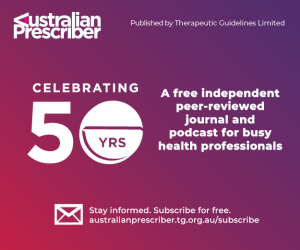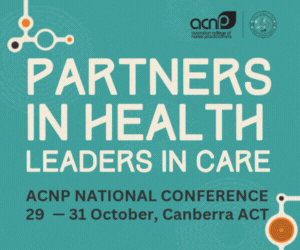Refugees may be particularly vulnerable to the adverse effects of the COVID-19 pandemic, research suggests.
COVID-related worries that remind refugees of traumatic events in the past were linked to higher levels of PTSD, depression, health anxiety symptoms, and poorer daily functioning, the study found.
The research conducted by UNSW Sydney psychologists in partnership with Australian Red Cross, Settlement Services International (SSI) and Phoenix Australia at the University of Melbourne is one of the first studies anywhere in the world that documents the mental health impact of COVID-19 on refugee communities.
“Refugees are in a really unique situation. We hypothesised refugee communities were particularly vulnerable to the adverse effects of the COVID-19 pandemic on mental health due to traumatic events they have experienced in the past and the challenges of the post migration environment – but no one has studied this in the Australian context,” said lead author Dr Belinda Liddell from UNSW Science’s School of Psychology.
“That’s why we set out to look at how common COVID-19 related events and stressors were in refugee communities, and how they related to key mental health and functioning outcomes – understanding these dynamics could help practitioners and service providers who are responding to the specific needs of refugees during the pandemic.”
The researchers explored the relationships between COVID-19 stressors and mental health outcomes.
“For instance, worry about being infected by COVID-19 which was reported by 66.5% of participants was related to more severe PTSD symptoms and health anxiety symptoms. That’s not surprising, given these concerns reflect fear of being harmed or harming others with COVID-19,” said Dr Liddell.
Social-related difficulties such as lockdown and isolating at home were linked to increased depression, and fears relating to the future such as concerns about visa application processes were associated with increased disability and health anxiety.
“This is something resettled refugees may be particularly vulnerable to. They already often experience significant isolation and loneliness, which diminishes mental wellbeing,” Dr Liddell said.
The research showed that the strongest predictor of all mental health outcomes was COVID-19, serving as a trauma reminder. Refugees that were reminded by the pandemic of difficult or stressful events in their past reported increased depression, PTSD, health anxiety and disability symptoms.
“We found the experience of COVID-19 really reminded people of their past difficulties – 41.1% reported this stressor,” Dr Liddell says.
The researchers said this could be because COVID-19 public health restrictions may share characteristics with refugees’ traumatic experiences.
The researchers said COVID-19 responses need to accommodate the specific needs of refugees.
“What this study really shows is that it is important refugees are well-supported during the COVID-19 pandemic. During a time where resources are stretched, it is important to make sure that information and support are available to those who are vulnerable to the impact of the COVID-19 pandemic,” said senior study author, UNSW Professor Angela Nickerson.
“A lot of the people who participated in the survey have lived through war, poverty, hunger and persecution – a situation like the one we’re currently in can really push those buttons again, so we need to make sure there’s adequate support available.”
The researchers said the findings underscore the importance of practitioners and service providers being aware of the significance of COVID-19 for refugees, and its impact on mental health.
“Access to mental health services is critical to ensure these effects are mitigated and that refugees are psychologically supported to cope with the current pandemic,” Professor Nickerson said.
“Like other Australians, refugees also need access to a wide spectrum of support, including income support when they lose employment, connection to local services and opportunities to maintain social and community connections during COVID-19.”








